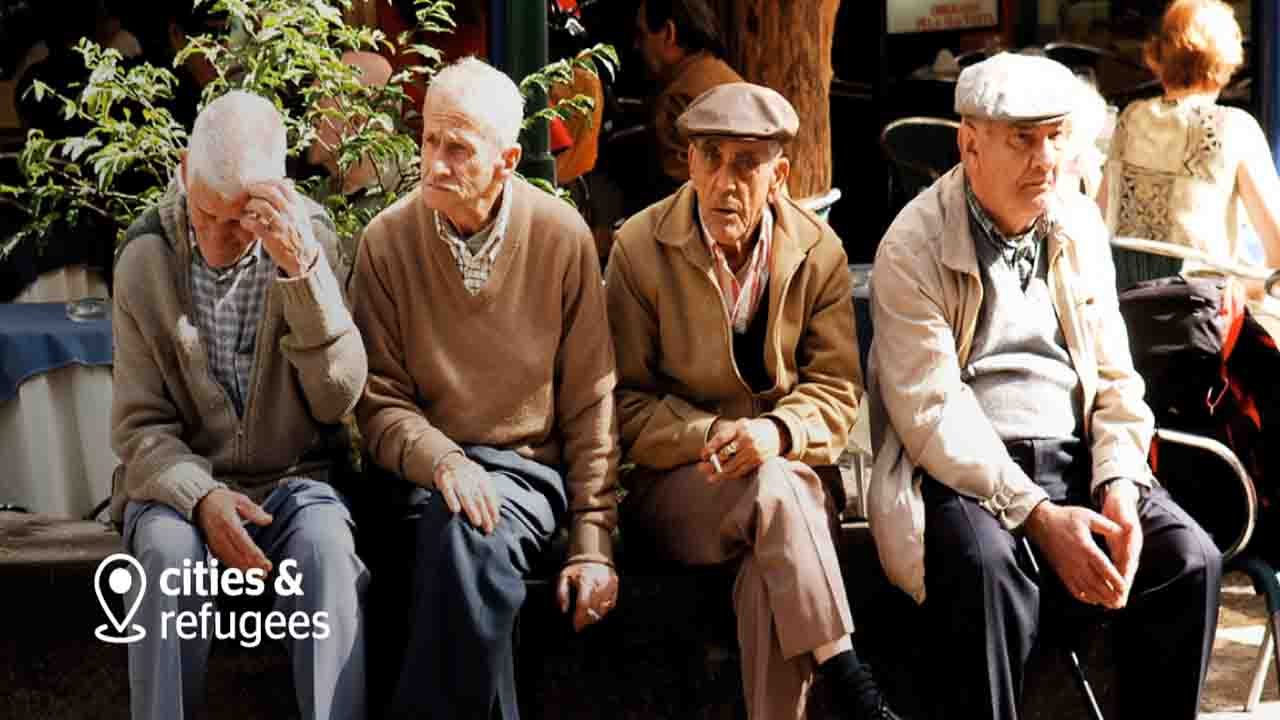Europe’s aging population presents a multitude of challenges and calls for innovative solutions in healthcare. With improved living conditions, advancements in medical technology, and overall better healthcare systems, people in Europe are living longer than ever before. While this demographic shift is a testament to the successes of modern society, it also brings forth a unique set of challenges that must be addressed to ensure the well-being and quality of life of the elderly. One of the primary challenges is the increased burden on healthcare systems. As the proportion of older adults grows, there is a greater demand for healthcare services, including primary care, specialized treatments, and long-term care. This surge in demand puts pressure on existing resources, leading to longer waiting times, overcrowded hospitals, and stretched healthcare budgets. Policymakers and healthcare providers must find ways to meet these rising demands while maintaining the quality and accessibility of care.
Another significant challenge is the prevalence of chronic diseases among the elderly. Conditions such as cardiovascular diseases, diabetes, dementia, and musculoskeletal disorders become more common with age. These diseases require complex and ongoing management, necessitating specialized care and resources. Healthcare systems must adapt to provide comprehensive and multidisciplinary approaches to treat and manage chronic conditions, focusing on prevention, early detection, and personalized interventions. Additionally, social care and support services play a crucial role in addressing the needs of the aging population. Many older adults face challenges related to social isolation, mental health issues, and limited access to community resources. Innovative solutions should encompass not only medical care but also social support networks, including home care services, assisted living facilities, and community-based programs that promote social engagement and independence.
To tackle these challenges, innovations in healthcare are crucial. Technology-driven solutions, such as telemedicine and remote patient monitoring, can enhance access to care and enable elderly individuals to receive medical advice and treatment from the comfort of their homes. Mobile applications and wearable devices can assist in monitoring vital signs, promoting physical activity, and managing medication adherence.
Interdisciplinary collaborations are also essential in addressing the multifaceted needs of the aging population. Healthcare providers, researchers, policymakers, and social workers must work together to develop integrated care models that combine medical, social, and psychological support. These models should focus on promoting healthy aging, preventing disease, managing chronic conditions, and providing end-of-life care. Furthermore, investments in healthcare workforce development are necessary to meet the growing demand for geriatric specialists, nurses, caregivers, and other healthcare professionals who are trained in geriatric care. Education and training programs should emphasize geriatric medicine, gerontology, and geriatric nursing to equip healthcare providers with the skills and knowledge needed to care for older adults effectively.
In summary, Europe’s aging population presents significant challenges in healthcare, including increased demand, chronic diseases, and social care needs. However, with innovation and collaboration, these challenges can be addressed. By embracing technology, interdisciplinary approaches, and workforce development, healthcare systems can adapt and provide high-quality, person-centered care for the elderly, ensuring that they can age with dignity and enjoy a good quality of life.








